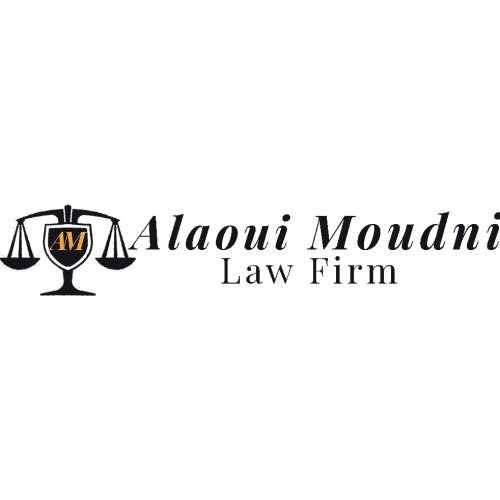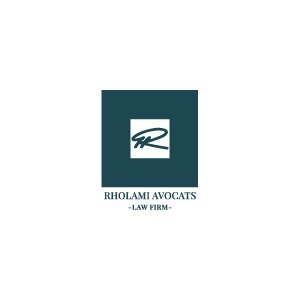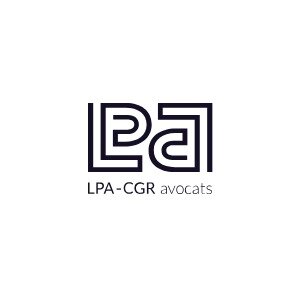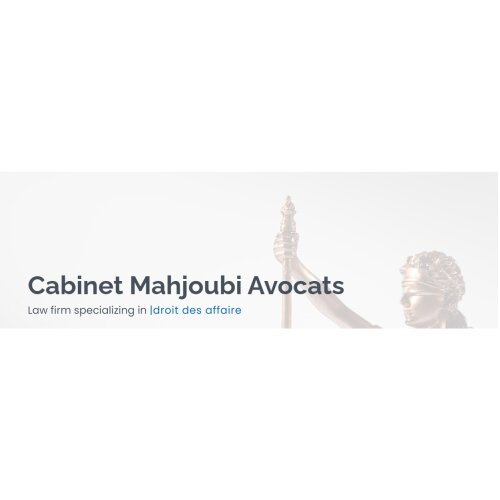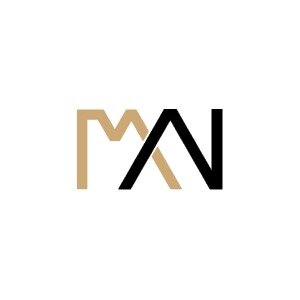Best Due Diligence Lawyers in Morocco
Share your needs with us, get contacted by law firms.
Free. Takes 2 min.
Or refine your search by selecting a city:
List of the best lawyers in Morocco
About Due Diligence Law in Morocco
Due diligence in Morocco is an integral part of the legal and business landscape, especially in the context of mergers, acquisitions, and investment processes. It involves a comprehensive appraisal of a business undertaken by a prospective buyer to establish its assets and liabilities and evaluate its commercial potential. This process is crucial in mitigating risks and complying with both national and international regulatory standards. In Morocco, due diligence typically includes the examination of financial, legal, commercial, and sometimes environmental aspects of a business or property.
Why You May Need a Lawyer
Engaging a lawyer for due diligence processes in Morocco is advisable for several reasons. Common situations include:
- Complexity of Transactions: Transactions such as mergers and acquisitions typically involve significant complexities, legal documents, and regulatory requirements that require skilled legal oversight.
- Local Law Navigation: Understanding and interpreting local laws and regulations can be challenging without the expertise of a lawyer familiar with Moroccan legal nuances.
- Risk Management: Lawyers are able to identify potential risks in a transaction and propose solutions or negotiate terms favorable to their clients.
- Contractual Obligations: Ensuring all contractual obligations are met and that contracts are enforceable under local laws is often best managed by a legal professional.
Local Laws Overview
Key aspects of local laws relevant to due diligence in Morocco include:
- Investment Laws: Morocco has specific investment regulations that foreign investors must understand and comply with, typically requiring legal advisement for full compliance.
- Civil Law System: As a civil law country, Morocco’s legal framework is based on legislation as opposed to case law, impacting contractual relationships and business transactions.
- Property Rights and Ownership: Due diligence in property transactions necessitates a clear understanding of local property rights and documentation to prevent disputes.
- Taxation: Legal due diligence involves reviewing tax liabilities and compliance issues to avoid unforeseen liabilities.
- Company Law: Comprehensive understanding of company structures and related regulations is essential in corporate due diligence.
Frequently Asked Questions
What is the primary purpose of conducting due diligence?
The primary purpose of conducting due diligence is to assess the risks and rewards of a transaction, ensuring the buyer or investor is fully informed before proceeding.
Is due diligence mandatory in Morocco for all transactions?
While not legally mandatory for all transactions, due diligence is considered a best practice, especially for significant business dealings and investments.
How long does the due diligence process typically take in Morocco?
The timeframe for due diligence varies depending on the complexity of the transaction, typically ranging from a few weeks to several months.
Can due diligence be conducted without a lawyer?
While it's possible to conduct due diligence without a lawyer, hiring a professional can significantly reduce risks and ensure comprehensive analysis and compliance.
What documents are typically reviewed during due diligence?
Documents reviewed include financial statements, contracts, tax records, legal agreements, corporate documents, and property titles, among others.
Are there any specific sectors in Morocco where due diligence is more critical?
Due diligence is particularly critical in sectors such as real estate, pharmaceuticals, energy, and any import-export businesses due to higher regulatory scrutiny.
How does Moroccan law impact international due diligence procedures?
Moroccan law requires compliance with both domestic regulations and, in certain cases, international standards, particularly in cross-border transactions.
What are the main challenges faced during due diligence in Morocco?
Challenges include the complexity of local legal requirements, obtaining accurate information, and ensuring all documentation meets the necessary legal standards.
How can I verify the reliability of legal documents in Morocco?
It is advisable to work with a local lawyer who can authenticate documents and ensure they meet all legal standards and are properly registered.
What happens if issues arise during the due diligence process?
If issues are uncovered, they can be used to renegotiate terms, seek warranties or indemnities, or reconsider the viability of the transaction.
Additional Resources
To assist with understanding due diligence in Morocco, consider consulting the following resources:
- Morocco Investment and Export Development Agency - AMDI
- The Moroccan Bar Association for legal referrals
- Local chambers of commerce for business-related queries
- Ministry of Economic and Finance for governmental policies and insights
Next Steps
If you require legal assistance in due diligence, start by consulting a legal expert or a law firm specializing in commercial law and investment in Morocco. These professionals can guide you through the process, ensure compliance with Moroccan law, and help mitigate any risks associated with your transaction. Consider reaching out to local legal professionals via the Moroccan Bar Association for accredited experts in the field.
Lawzana helps you find the best lawyers and law firms in Morocco through a curated and pre-screened list of qualified legal professionals. Our platform offers rankings and detailed profiles of attorneys and law firms, allowing you to compare based on practice areas, including Due Diligence, experience, and client feedback.
Each profile includes a description of the firm's areas of practice, client reviews, team members and partners, year of establishment, spoken languages, office locations, contact information, social media presence, and any published articles or resources. Most firms on our platform speak English and are experienced in both local and international legal matters.
Get a quote from top-rated law firms in Morocco — quickly, securely, and without unnecessary hassle.
Disclaimer:
The information provided on this page is for general informational purposes only and does not constitute legal advice. While we strive to ensure the accuracy and relevance of the content, legal information may change over time, and interpretations of the law can vary. You should always consult with a qualified legal professional for advice specific to your situation.
We disclaim all liability for actions taken or not taken based on the content of this page. If you believe any information is incorrect or outdated, please contact us, and we will review and update it where appropriate.
Browse due diligence law firms by city in Morocco
Refine your search by selecting a city.






